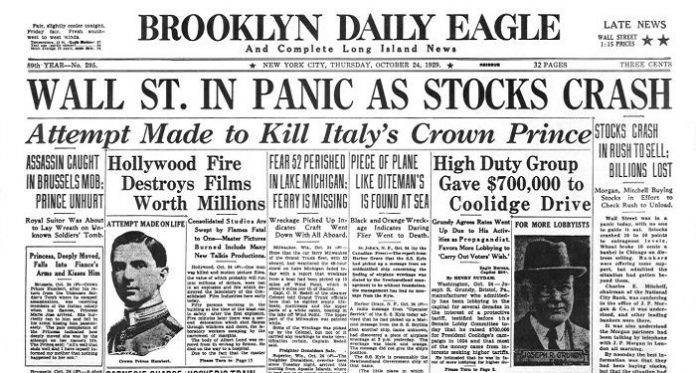It’s been more than a decade since the US market suffered from a negative impact of the bursting dot-com bubble, which took place back in 2008. Many investors, especially “small” investors and investment firms have lost their investments as the market sank deep below the positive market trends.
The prices were previously bloated at that point that it was impossible to expect any further rises in the market, which is how the value of the market soon went south, causing many losses and chaos in the markets along the way.
According to analysts, something similar is taking place during the previous year of 2018, also becoming a part of the current year, so many are expecting to see another bursting bubble, only this time, startup IPOs investments are said to be at stake.
Analysts Warn About the Red Flags Regarding Startup IPOs
Back during the dot-com bubble, many startups that had their IPOs issued were rising at an accelerated pace, however, most of these companies were ravaged by the price drops and value cuts that came in later on after the “big boom” of the dot-com sector.
Analysts are implying that there is a similar scenario to the story of startups, including unicorns such as Airbnb, Uber, Lyft, and Slack, which are all issuing or have already issued IPOs.
These companies are worth billions of dollars, so it might be hard to imagine a major crash taking its toll on the companies’ profits, however, similar companies to the those mentioned above are already showing red flags regarding the active IPO boom.
Tencent Music Entertainment group, for instance, is one of the first red flags appearing in the market as the startup went far below their IPO value of 13$ per single share, while Dropbox Inc IPO, issued back in March 2018, dropped by -50% since the initial offering.




